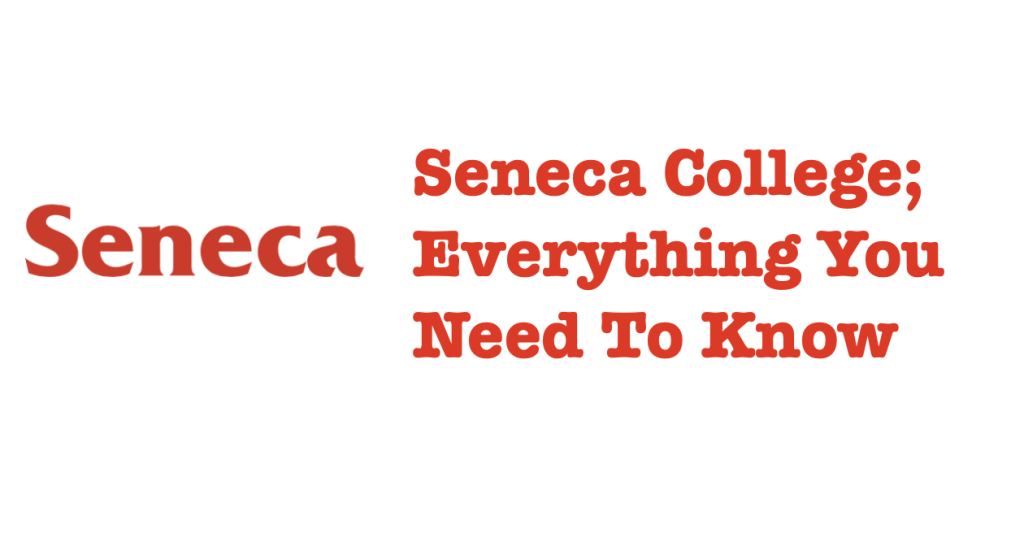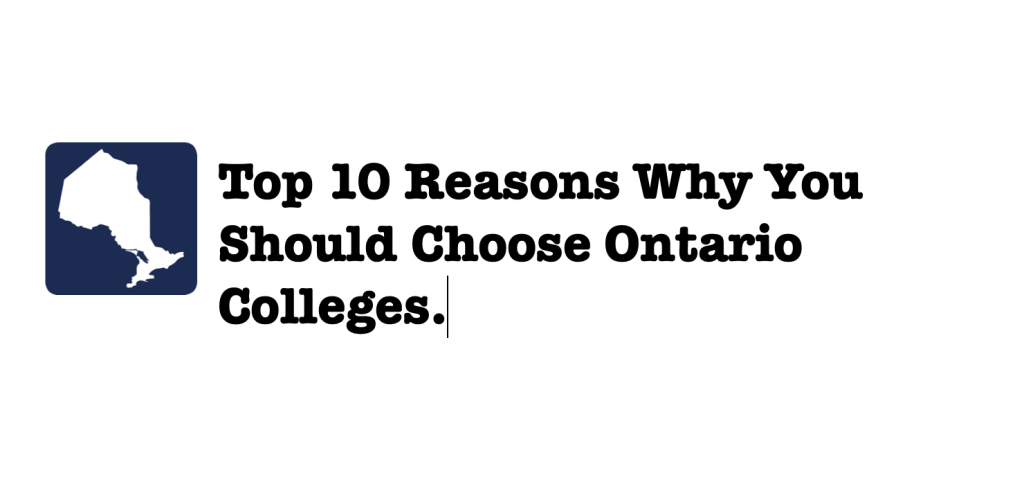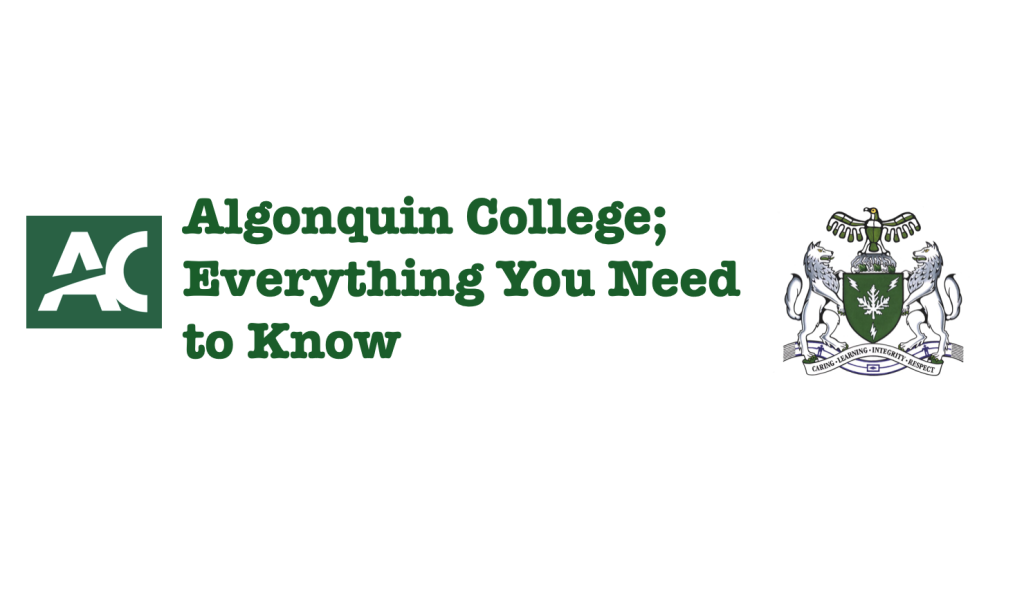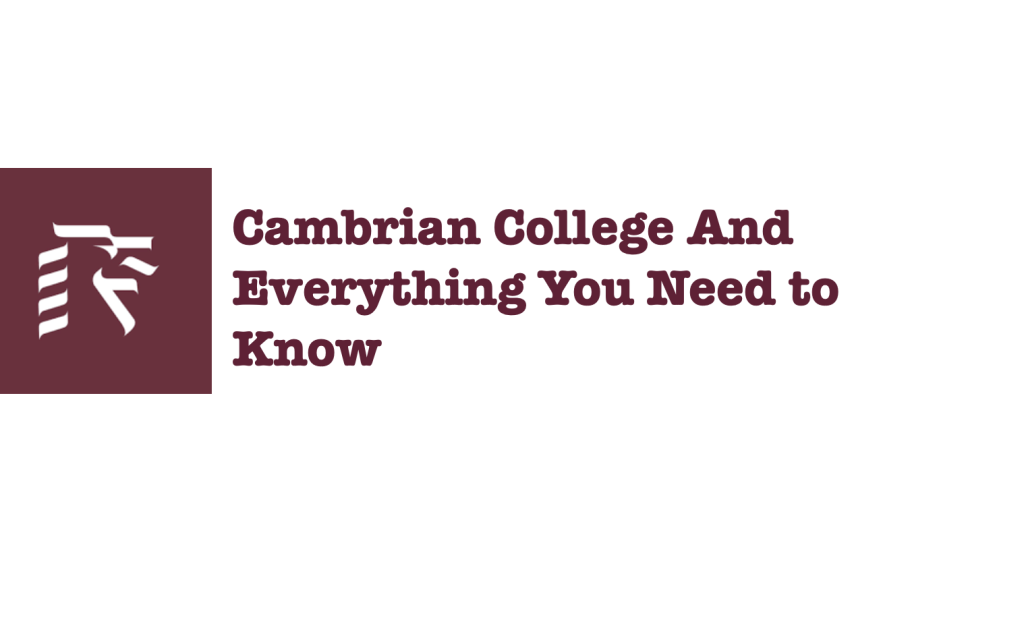Seneca College is a public college located in Toronto, Ontario, Canada. It offers a wide range of certificate, diploma, degree, and postgraduate programs in various fields such as business, engineering, health sciences, media, and technology. The college was established in 1967 and has since grown to become one of the largest colleges in Canada with over 30,000 full-time and part-time students enrolled each year.
Seneca College is known for its focus on experiential learning, which involves practical, hands-on experience in real-world settings. The college has partnerships with over 3,500 employers, providing students with opportunities to gain work experience and develop their skills. Additionally, Seneca College has a strong commitment to innovation and technology, with state-of-the-art facilities and programs in areas such as cybersecurity, animation, and game development.
Seneca College also offers a variety of support services and resources to help students succeed, including academic advising, career services, health and wellness services, and disability services. The college has a diverse student body, with students from over 150 countries, and offers a welcoming and inclusive environment for all.
Overall, Seneca College is a leading institution in Canada’s education sector, with a reputation for providing high-quality education and practical skills training to prepare students for successful careers.
Table of Contents
Brief history
Seneca College was established in 1967 in Toronto, Ontario, Canada, as part of a provincial initiative to provide career-oriented education and training to meet the needs of a rapidly changing workforce. The college was named after the Seneca people, one of the First Nations groups in the region, as a tribute to their contributions to the community.
In its early years, Seneca College offered a small number of vocational programs in areas such as business, engineering, and applied arts. However, over time, the college expanded its offerings and developed a reputation for providing high-quality education and practical skills training in a wide range of fields.
In the 1970s and 1980s, Seneca College began to focus more on applied research and innovation, with the establishment of several research centers and partnerships with industry. The college also expanded its international reach, establishing partnerships with institutions in other countries and welcoming more international students to its campus.
In the 1990s and 2000s, Seneca College continued to grow and innovate, with the launch of new programs in emerging fields such as computer science, environmental studies, and health sciences. The college also invested in state-of-the-art facilities and technologies to support its programs and research activities.
Today, Seneca College is one of the largest colleges in Canada, with multiple campuses across the Greater Toronto Area and over 30,000 full-time and part-time students enrolled in a wide range of certificate, diploma, degree, and postgraduate programs. The college is recognized for its commitment to innovation, experiential learning, and career-focused education, and continues to be a leader in Canada’s education sector.
Campus and residence (local and international)
Seneca College has multiple campuses located throughout the Greater Toronto Area in Ontario, Canada. These campuses include:
- Newnham Campus: Located in Toronto, this is the college’s largest campus, featuring a range of programs in business, technology, health sciences, and more.
- Seneca@York Campus: Located in Toronto, this campus is home to programs in arts and science, communication, media, and design.
- Markham Campus: Located in Markham, this campus offers programs in business, technology, and community services.
- King Campus: Located in King City, this campus offers programs in health sciences, environmental studies, and outdoor recreation.
- Peterborough Aviation Campus: Located in Peterborough, this campus offers aviation programs, including flight training.
Seneca College offers on-campus residence options at its Newnham and Seneca@York campuses. The residence buildings offer furnished single and double occupancy rooms, as well as shared common areas, kitchen facilities, and laundry facilities. Students living in residence also have access to a variety of amenities and services, including 24-hour security, residence life programming, and academic support.
In addition to on-campus residence options, Seneca College also offers off-campus housing assistance through its Off-Campus Housing Services. This service provides students with access to a database of available rental properties, as well as support and advice on finding and securing off-campus housing.
Overall, Seneca College offers a range of campus locations and convenient on-campus residence options for students, providing a welcoming and supportive environment for learning and growth.
Ranking
As a language model, my training data only goes up until September 2021, and at that time, Seneca College was not ranked in any global or national university or college rankings, such as the QS World University Rankings or the Times Higher Education World University Rankings.
However, Seneca College has a strong reputation in Canada for providing high-quality education and practical skills training in a wide range of fields. The college is recognized for its commitment to innovation, experiential learning, and career-focused education, and has established partnerships with industry, government, and other educational institutions.
In addition, Seneca College has received numerous awards and accolades over the years, including being named one of Canada’s Top Employers for Young People by Mediacorp Canada Inc. in 2021 and being recognized as a leader in applied research and innovation by the Natural Sciences and Engineering Research Council of Canada (NSERC).
Overall, while Seneca College may not be ranked in global or national rankings, it is highly regarded in Canada and has a strong reputation for providing students with practical, career-focused education and training.
Tuition
Generally, tuition fees at Seneca College vary depending on the program of study, level of study, and the student’s residency status (domestic or international).
For domestic students, tuition fees at Seneca College are generally lower than for international students. In addition, domestic students may be eligible for government-funded financial assistance, such as grants and loans, to help cover the cost of tuition.
For international students, tuition fees at Seneca College are generally higher than for domestic students, reflecting the additional costs associated with studying in Canada as an international student. International students may also be required to pay for health insurance and other fees in addition to tuition.
It’s important to note that tuition fees can change from year to year, so it’s best to check with the college website directly for up-to-date information on tuition fees for your program of interest. Additionally, Seneca College offers various financial assistance programs, scholarships, and bursaries to help students with the cost of tuition and living expenses.
Admission requirements
Admission requirements for Seneca College vary depending on the program of study and the level of study (i.e., diploma, degree, or certificate). Generally, the admission requirements for most programs include:
- Ontario Secondary School Diploma (OSSD) or equivalent: For most programs, applicants must have an OSSD or equivalent, with specific course requirements depending on the program. International students must have an equivalent credential from their home country.
- English Language Proficiency: Applicants whose first language is not English may be required to provide proof of English language proficiency, such as a TOEFL or IELTS score.
- Additional Requirements: Some programs may have additional requirements, such as a portfolio or audition for arts programs, or specific prerequisites for certain courses.
- Mature Student Status: Seneca College also offers admission to mature students who do not have an OSSD or equivalent. Mature students are generally required to be at least 19 years old and have been out of school for at least one year.
It’s important to note that admission requirements can vary depending on the program and level of study, so it’s best to check the specific requirements for your program of interest on the Seneca College website or by contacting the college directly. Additionally, meeting the minimum admission requirements does not guarantee admission to a program, as some programs may have limited enrolment or competitive admission.
Acceptance rate
Generally, Seneca College is a popular choice for students in Canada and around the world, and some programs may be more competitive than others. Admission to some programs may require meeting specific academic requirements, submitting a portfolio or audition, or participating in an interview process.
The college’s acceptance rate is 85%, indicating a lightly selective admission policy. Students need at least 65% or above in previous academic program to apply for admission. International student are required to submit a minimum IELTS band score of 6.0 as a proof of English proficiency.
It’s best to check the specific admission requirements and process for your program of interest on the Seneca College website or by contacting the college directly. Additionally, it’s important to note that meeting the minimum admission requirements does not guarantee admission to a program, as some programs may have limited enrolment or competitive admission.
Notable alumni
Seneca College has produced many notable alumni who have made significant contributions in various fields. Some of the notable alumni of Seneca College include:
- Rick Campanelli: Television personality and former host of ET Canada.
- George Stroumboulopoulos: Canadian television and radio personality.
- Tom Cochrane: Award-winning musician and singer.
- Paula Brancati: Actress best known for her role in the television show “Degrassi: The Next Generation”.
- George Kourounis: Award-winning explorer and television personality.
- Jason Jones: Actor and comedian best known for his work on “The Daily Show with Jon Stewart”.
- Tom Green: Comedian, actor, and talk show host.
- Lauren Toyota: Television personality, author, and vegan food blogger.
- Elan Mastai: Screenwriter, novelist, and film director.
- Luke Sklar: Founder of Sklar Wilton & Associates, a leading marketing consulting firm in Canada.
These are just a few examples of the many successful alumni of Seneca College.
Seneca College; Everything You Need To Know by SchoolsinOntario




Pingback: Why Seneca College is a Top Choice for International Students - Schools in Ontario